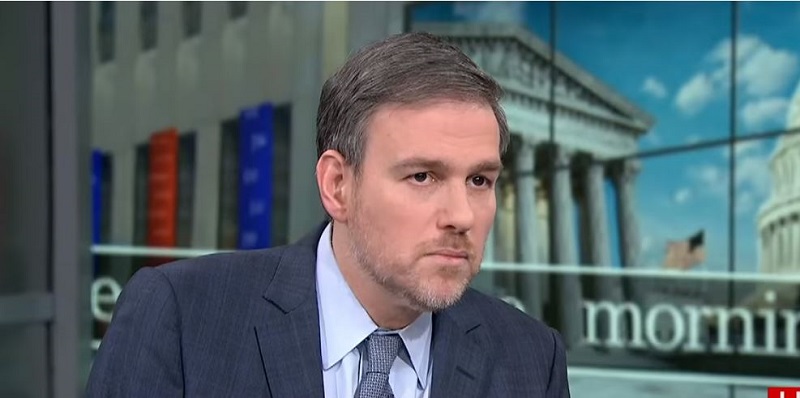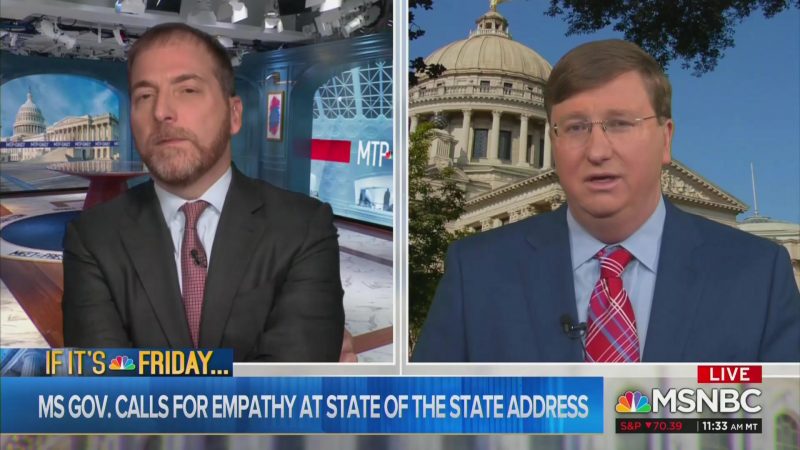NYT’s Bret Stephens Claims Criticizing Billionaires Is Worse Than ‘Racism and Colonialism Combined’

Somewhere towards the end of New York Times opinion columnist Bret Stephens’ latest attempt to justify his inflated salary is a statement so jaw-droppingly incorrect that one is tempted to believe his editors snuck it in to sabotage him
Stephens devoted his Thursday column to responding to the admission by Sen. Bernie Sanders this week that he is now a millionaire, thanks mostly to royalties from a best-selling book he wrote in the wake of the 2016 election. Those royalties totaled $885,000 in 2017, which combined with his Senate salary and some other minor sources, brought his income for the year to $1.06 million.
On the basis of this fact alone, Stephens concludes that Sanders should “temper the hard and ugly edges of his class-war politics.” He goes on to excoriate Sanders supporters for claiming it is “immoral” to be a billionaire “but not a mere millionaire.” He also repeats the tired conservative trope that no one in America has ever been denied a single penny just because Bill Gates and Steve Jobs made billions of dollars.
All of this winds up to Stephens’ point, which seems to be that demonizing the wealthy is at least as bad, and maybe worse, than racism:
But the idea that people can be judged as individuals based on the economic class to which they belong is one of the foulest in history, matching if not exceeding in its murderous consequences the legacies of racism and colonialism combined. When Sanders inveighs against billyinaehs (millyinaehs being presumably no longer as odious to him today as they were just a few years ago) he is engaged in a form of stereotyping that is no less bigoted, or dangerous, for being aimed at so few.
Yes, the real victims in American society today are the wealthy. Truly they are our most endangered people.
That link goes to a New York Times column written by the historian Tony Judt in 1997, and it does not make the point Stephens imagines. Judt is criticizing communist countries for a long history of genocide and compares the crimes of communism to Nazism. He also actually notes that “[t]he tale of human cruelty in our times is too complicated and variegated to be captured by ideological labels alone, whether ”left” or ”right.'”
There is nothing in the Judt piece to support the assertion that the combined horrors of racism and colonialism were less murderous than communism. And it is cheap ideological whataboutism to try and make such a comparison in the first place.
None of what Judt writes works as an argument against Bernie Sanders or anyone else wanting to tax the wealthy at a higher rate in order to reduce income inequality and help care for poorer Americans. Nonetheless, Stephens uses it to make the usual lazy argument common among conservative polemicists that any sort of higher taxation and wealth redistribution is somehow un-American and a step on the road to a left-wing government that punishes the successful and confiscates their money.
In fact, the inequality Sanders is fighting is more likely to lead in extreme cases to the communist outcomes that Stephens so fears, because in the long term it leads to unstable societies. That’s how some of those communist countries arose in the first place.
Bret Stephens knows what class pays his salary, so it makes sense that he would cape for it. If only he had a point beyond being terrified that higher taxes under a President Sanders would be the first step to his being thrown in a labor camp.






